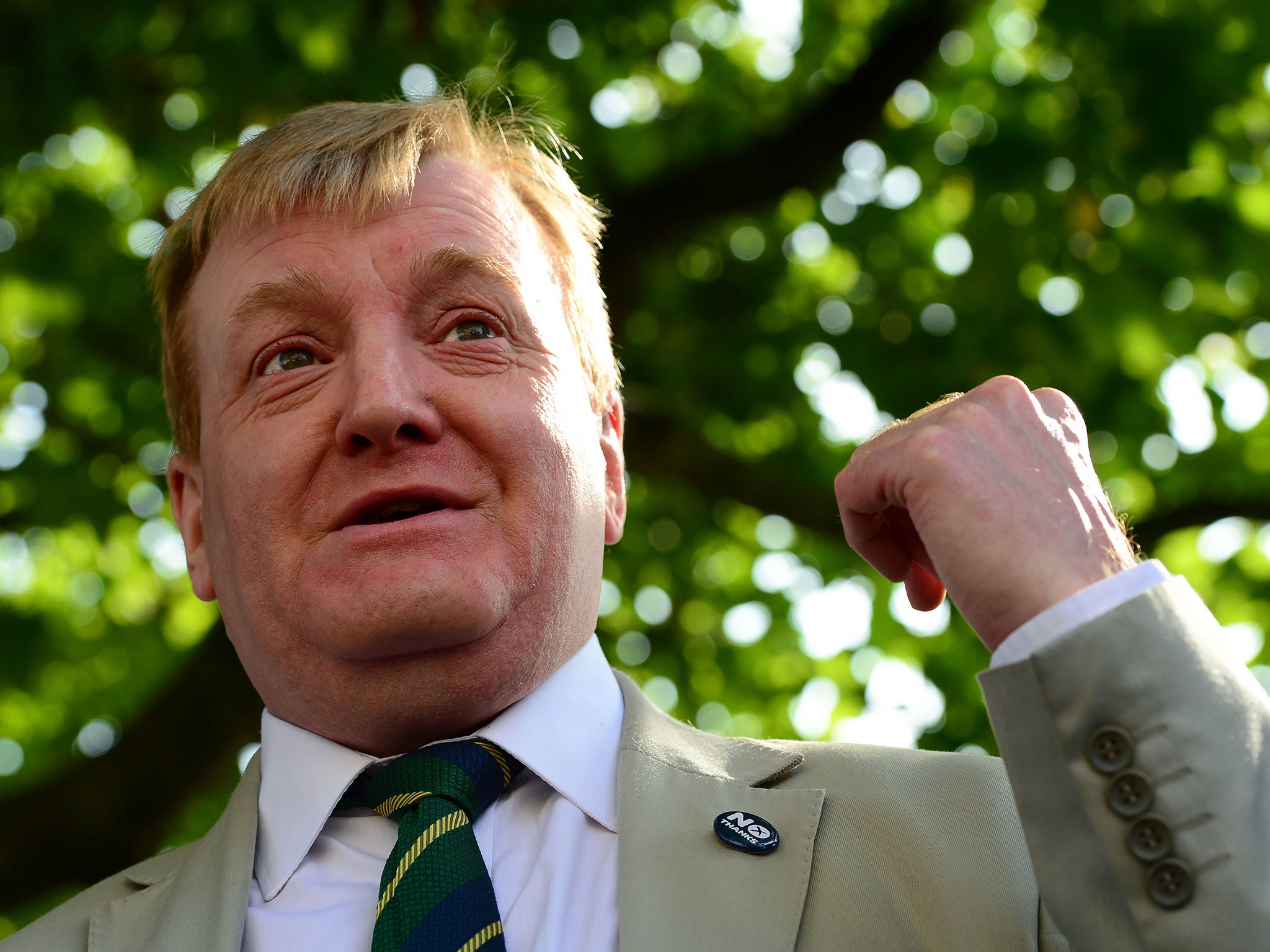Charles Kennedy correctly judged Britain's anger at the Iraq war like no other politician – and that will be his legacy
Former Lib Dem leader, who has died at the age of 55, opposed the Iraq war in 2003 and his party's decision to enter coalition in 2010

Hindsight is a wonderful thing in life – particularly in politics – but Charles Kennedy somehow managed to judge the political reality and mood of the nation and his party years before most of his political counterparts.
Two of the principled positions he took in his long, 32-year political career demonstrate the strength of this judgement.
The first was his fierce and unrelenting opposition to the Iraq war – even when he knew the invasion was inevitable and some in his party were wary of appearing unpatriotic by continuing to speak out against it, Mr Kennedy possessed the courage to stand firm.
And even those who were involved in the decision to invade Iraq have admitted Mr Kennedy was proven to be correct in his opposition, including Tony Blair's deputy prime minister, John Prescott.
The second was his opposition to the Lib Dems entering into coalition with the Conservatives in 2010 – one of few of the party’s MPs to do so.
He argued the move represented a “strategic coach and horses” - driving the ambitions of the centre left off-course.
It was an unpopular stand to take in a party that had not tasted power for almost a century, but having lost all but eight MPs, it now looks rather prescient.
In both instances Mr Kennedy had the courage to stand by his principles in defiance of the majority and that is symbolic of the Lib Dem philosophy – echoed by current leadership contender Norman Lamb – that the party should fight for minority views until the majority see the light.
The Iraq War: A timeline
Show all 16In 2003, Mr Kennedy defied senior figures in the Liberal Democrats who warned against speaking at the anti-war protest in Hyde Park, speaking with passion to call on the UK government to work with the United Nations to ensure any action was given international legitimacy.
It was a speech that many consider to be his finest and as the only main party leader to oppose the invasion, it helped him go on to lead the Lib Dems to winning the biggest number of seats at a general election since the 1920s.
It is testament to the astuteness of his political judgement that both candidates for the Lib Dem leadership are arguing for the party to return to its role as a campaigning party, willing to stand by its principles in protest against the power of the mainstream; unwilling to compromise its principles in exchange for power.
It is also a tribute to his politics that the odds-on favourite to replace Nick Clegg is left-leaning Tim Farron, who wants to return the party to the centre-left, a position where Mr Kennedy carved open a political space that attracted more than a fifth of Britain's electorate who were opposed to Tony Blair's New Labour.
Subscribe to Independent Premium to bookmark this article
Want to bookmark your favourite articles and stories to read or reference later? Start your Independent Premium subscription today.

Join our commenting forum
Join thought-provoking conversations, follow other Independent readers and see their replies